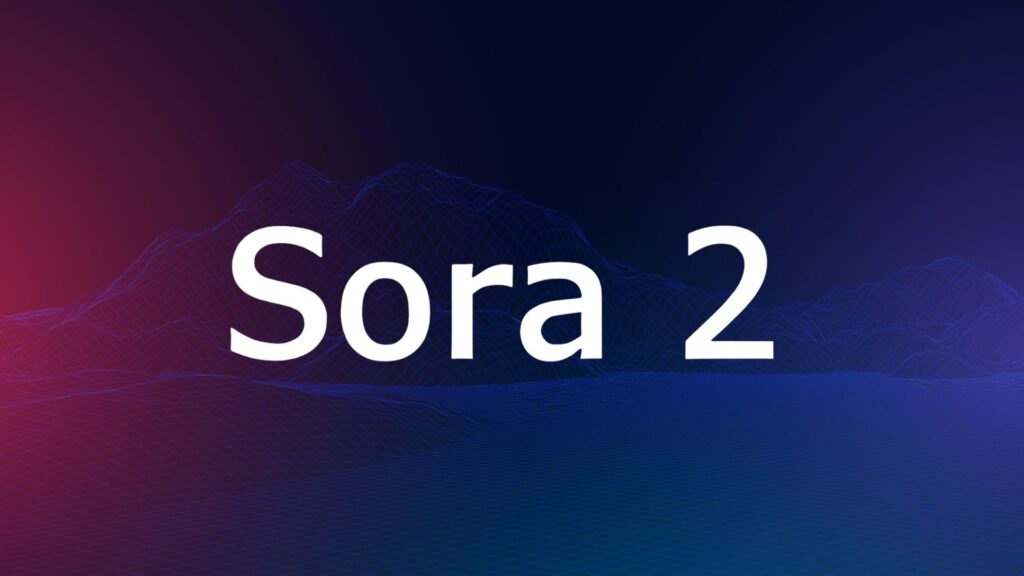Sora 2.0 release reignites debate on intellectual property in AI video
New Sora app lets users create and remix AI videos, while debates over IP rights intensify in Hollywood.

OpenAI has launched Sora 2.0, the latest version of its video generation model, alongside an iOS app available by invitation in the US and Canada. The tool offers advances in physical realism, audio-video synchronisation, and multi-shot storytelling, with built-in safeguards for security and identity control.
The app allows users to create, remix, or appear in clips generated from text or images. A Pro version, web interface, and developer API are expected soon, extending access to the model.
Sora 2.0 has reignited debate over intellectual property. According to The Wall Street Journal, OpenAI has informed studios and talent agencies that their universes could appear in generated clips unless they opt out.
The company defends its approach as an extension of fan creativity, while stressing that real people’s images and voices require prior consent, validated through a verified cameo system.
By combining new creative tools with identity safeguards, OpenAI aims to position Sora 2.0 as a leading platform in the fast-growing market for AI-generated video.
Would you like to learn more about AI, tech, and digital diplomacy? If so, ask our Diplo chatbot!
